The history of perfumery is a narrative spanning thousands of years, guiding us from ancient times to the modern era. Fragrances have been used in religious rituals, adornment, and beauty standards across diverse cultures. The evolution of this industry reflects the profound customs and traditions of various peoples, as well as their distinct human experiences.
Ancient Times
The beginnings of perfumery trace back to ancient civilizations, such as Ancient Egypt. The Egyptians regarded perfumes as an essential part of their daily lives and spirituality, utilizing essential oils in religious rituals and embalming. There is also evidence that the Sumerians and Babylonians employed advanced techniques to extract essential oils from plants and flowers. Thus, perfume was not merely a cosmetic product but a symbol of purity and sanctity.
Perfumes in Arab Civilization
During the Middle Ages, the perfume industry developed significantly in the Arab world. Arabs were innovative in extracting fragrances, employing techniques like distillation. They were the pioneers in introducing innovative methods for extracting oils, making perfumes an integral part of Arab culture, used in both religious and social ceremonies.
The Middle Ages: Between Fragrances and Religion
In the Middle Ages, perfumes were widely used in churches and religious ceremonies in Europe. It was believed that fragrances purified the soul, thereby conferring a sacred character to the rituals. Europeans also utilized local flowers and herbs such as lavender and thyme in the creation of perfumes.
The Renaissance and Trade Influence
During the Renaissance, the perfume industry experienced significant growth due to trade exchanges between Europe and the Middle East. The French and Italians were particularly engaged in this development, contributing to the establishment of major centers for perfumery where each became a leader in its field. Furthermore, perfumes were viewed as a component of beauty and luxury, making them central to societal norms.
The Nineteenth Century: Synthetic Perfumes
With the Industrial Revolution in the nineteenth century, the perfume industry underwent a major transformation, as new chemical techniques were developed, allowing for the production of fragrances in larger quantities and at lower costs. The first synthetic perfumes emerged, paving the way for the creation of new scents that were previously unimaginable.
The Twentieth Century: The Capital of Fragrances
In the twentieth century, Paris emerged as the world’s capital of perfume. Esteemed perfume houses such as Chanel and Dior were established, introducing iconic fragrances that remain popular to this day. The perfume industry evolved to include cosmetics and personal care products, adding a new dimension to the art of fragrance.
The Twenty-First Century: A Shift Towards Sustainability
As the twenty-first century began, the perfume industry witnessed remarkable changes, with increased awareness of sustainability and environmental health. This trend led to a growing consumer interest in natural and chemical-free fragrances. Many famous brands began to use natural ingredients and cultivate aromatic plants sustainably, reflecting significant cultural and environmental shifts.
Fragrances in Contemporary Culture
Today, the perfume industry represents a massive market, generating billions of dollars annually, characterized by intense competition among numerous companies and perfumers vying for market share. Fragrances are not merely pleasant scents but also expressions of personal identity and unique style.
The history of perfumery is a journey filled with innovation and evolution, evident in the myriad scents that embody the cultures and histories of peoples. From ancient times to the modern era, perfumes continue to hold their place in societies, becoming an integral part of human life and culture. They have become symbols of beauty, elegance, and human heritage throughout time.
Writing the history of perfumery is not merely a recounting of events; it embodies the interconnectedness of cultures and the evolution of the arts and crafts through which humanity has passed. Through our interest in fragrances, we can explore the ways of life and the arts that distinguish each civilization.
Did You Enjoy This Journey?
Discover the finest oils and fragrance diffusers at Novaroma.ae.
Frequently Asked Questions:
- What is the ancient history of perfumery?
The history of perfumery dates back to ancient times, where it was used in ancient civilizations such as the Egyptians and Sumerians for religious and aesthetic purposes.
- What are the main components of perfumes?
Fragrances usually consist of essential oils, alcohol, and water, and may also contain natural or synthetic ingredients.
- How are essential oils extracted?
Essential oils are extracted using techniques such as distillation, cold pressing, or solvent extraction.
- What is the difference between perfume, parfum, and cologne?
Perfume (Parfum) contains the highest concentration of essential oils, followed by Eau de Parfum, and then Eau de Cologne, which contains a lower percentage of oils.
- How do I choose the right fragrance for me?
It is recommended to test the fragrance on the skin and consider skin type and season, along with personal scent preferences.
- Can perfumes be stored for long periods?
Yes, perfumes should be stored in a cool, dry place away from sunlight to ensure their quality and scent longevity.
- What role do fragrances play in culture?
Fragrances play a significant role in expressing identity and culture, and are used in social and religious celebrations.
- Are there natural perfumes?
Yes, many brands produce natural perfumes that use organic ingredients and avoid synthetic chemicals.
- What are the modern trends in the perfume industry?
Modern trends focus on sustainability and the use of natural ingredients, as well as customization of fragrances according to consumer needs and preferences.
- Do perfumes have a shelf life?
Yes, perfumes do have a shelf life, typically ranging from 3 to 5 years depending on their type and ingredients.



